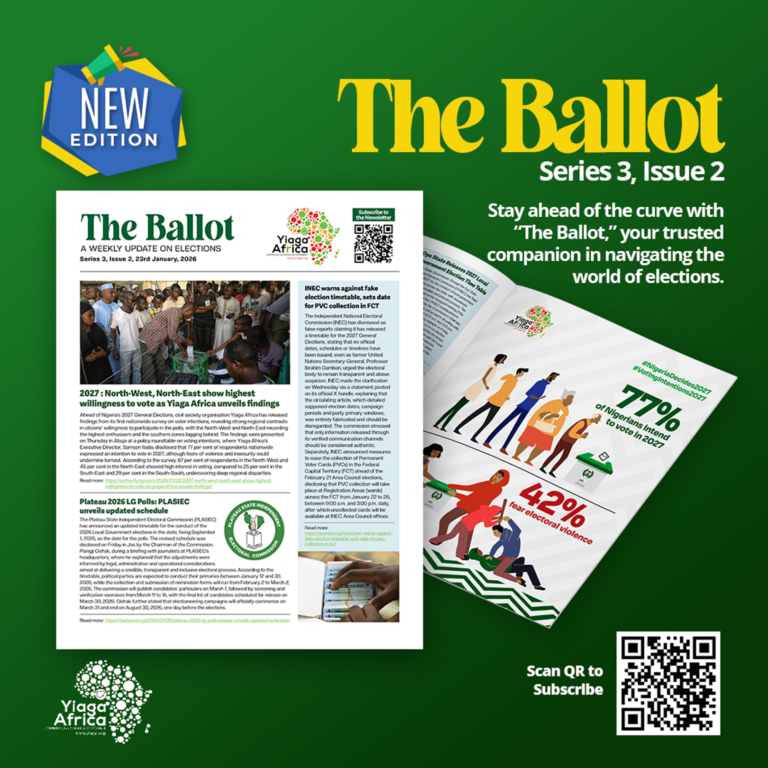
By Ameh Gabriel
In a world constantly reshaped by the ebb and flow of information, journalists stand as both witnesses and storytellers. Their lives are built on a pursuit of truth, a passion for uncovering hidden narratives, and an enduring commitment to giving voice to the unheard. But beyond the exhilarating deadlines and headline-making stories lies a quieter, equally important chapter: retirement. Planning for it is as crucial as the stories they cover.
The Journalist’s Journey
The life of a journalist is far from ordinary. From the moment they step into the field, they are propelled by curiosity, dedication, and a relentless desire to inform and inspire. Their days are a whirlwind of interviews, research, writing, and editing. Many spend years chasing breaking news, investigating societal injustices, and covering wars, elections, natural disasters, and cultural shifts.
A journalist’s work often means sacrificing weekends, holidays, and personal time. Deadlines don’t wait for perfect moments. There’s a thrill in crafting narratives that can change policies, open minds, and sometimes even save lives. However, this intense career can also lead to burnout if balance isn’t maintained.
Despite the pressure, most journalists describe their work as a calling rather than a job. The privilege of shaping public discourse and the satisfaction of shedding light on hidden truths make every sleepless night and every risk worthwhile.

The Importance of a Retirement Plan
Given the unpredictable and demanding nature of journalism, planning for retirement can sometimes take a backseat. Yet, no matter how passionate a journalist may be, the day will come when the notepad is set down, the microphone turned off, and the relentless pace slows.
A solid retirement plan ensures that the golden years are as fulfilling as the vibrant career that preceded them. It’s about more than financial security; it’s about maintaining the freedom to pursue passions without the stress of instability.
Here’s what journalists should consider when crafting their retirement plans:
- Start Early
Retirement planning is most effective when it begins early in one’s career. Setting aside even modest amounts into pension schemes, IRAs, or other savings vehicles can grow significantly over decades thanks to compound interest.
- Diversify Income Streams
Freelance journalists especially benefit from creating multiple income streams — think book royalties, speaking engagements, or teaching opportunities. These not only boost earnings during working years but can continue providing income into retirement.
- Invest in Health Insurance
Healthcare costs can be a major burden in retirement. Journalists should prioritize securing comprehensive insurance plans or saving enough to cover potential medical expenses in the future.
- Consider a Second Act
Many journalists find that “retirement” doesn’t mean complete withdrawal from storytelling. Some transition into writing books, mentoring young reporters, consulting, or contributing to journals at a less hectic pace. Planning for a second career can bring both financial and personal fulfillment.
- Embrace a New Lifestyle
Retirement opens up time for passions long set aside: traveling, painting, volunteering, or even starting a blog or podcast. It’s a chance to explore life beyond deadlines and press passes.
A Legacy Beyond the Byline
In retirement, a journalist’s legacy continues — in the stories they told, the change they influenced, and the mentees they inspired. Retirement is not an end but a new beginning, a chapter to savor after a lifetime spent chasing truth.
As they step away from the noise of the newsroom, journalists carry with them a lifetime of experiences that few can match. And if planned well, retirement can be the most rewarding story they ever write — one filled with peace, purpose, and profound satisfaction.








